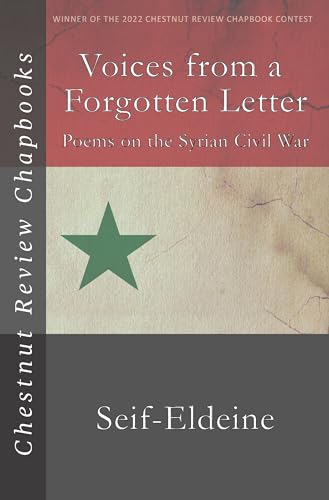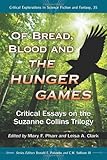This collection of fresh essays on Suzanne Collins’s epic trilogy spans multiple disciplines. The contributors probe the trilogy's meaning using theories grounded in historicism, feminism, humanism, queer theory, as well as cultural, political, and media studies. The essayists demonstrate diverse perspectives regarding Collins’s novels but their works have three elements in common: an appreciation of the trilogy as literature, a belief in its permanent value, and a need to share both appreciation and belief with fellow readers. The 21 essays that follow the context-setting introduction are grouped into four parts: Part I “History, Politics, Economics, and Culture,” Part II “Ethics, Aesthetics, and Identity,” Part III “Resistance, Surveillance, and Simulacra,” and Part IV “Thematic Parallels and Literary Traditions.” A core bibliography of dystopian and postapocalyptic works is included, with emphasis on the young adult category—itself an increasingly crucial part of postmodern culture. Instructors considering this book for use in a course may request an examination copy here.


